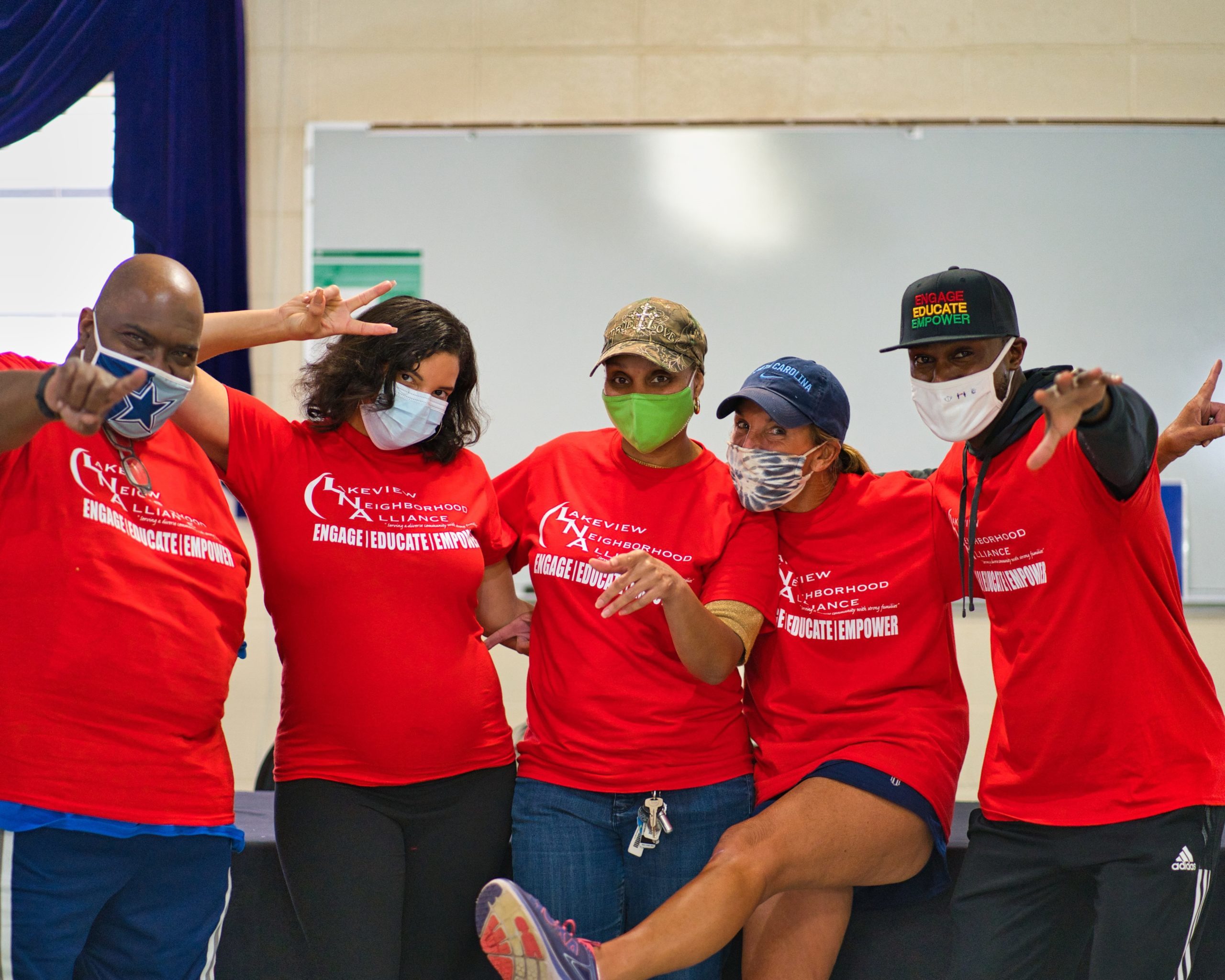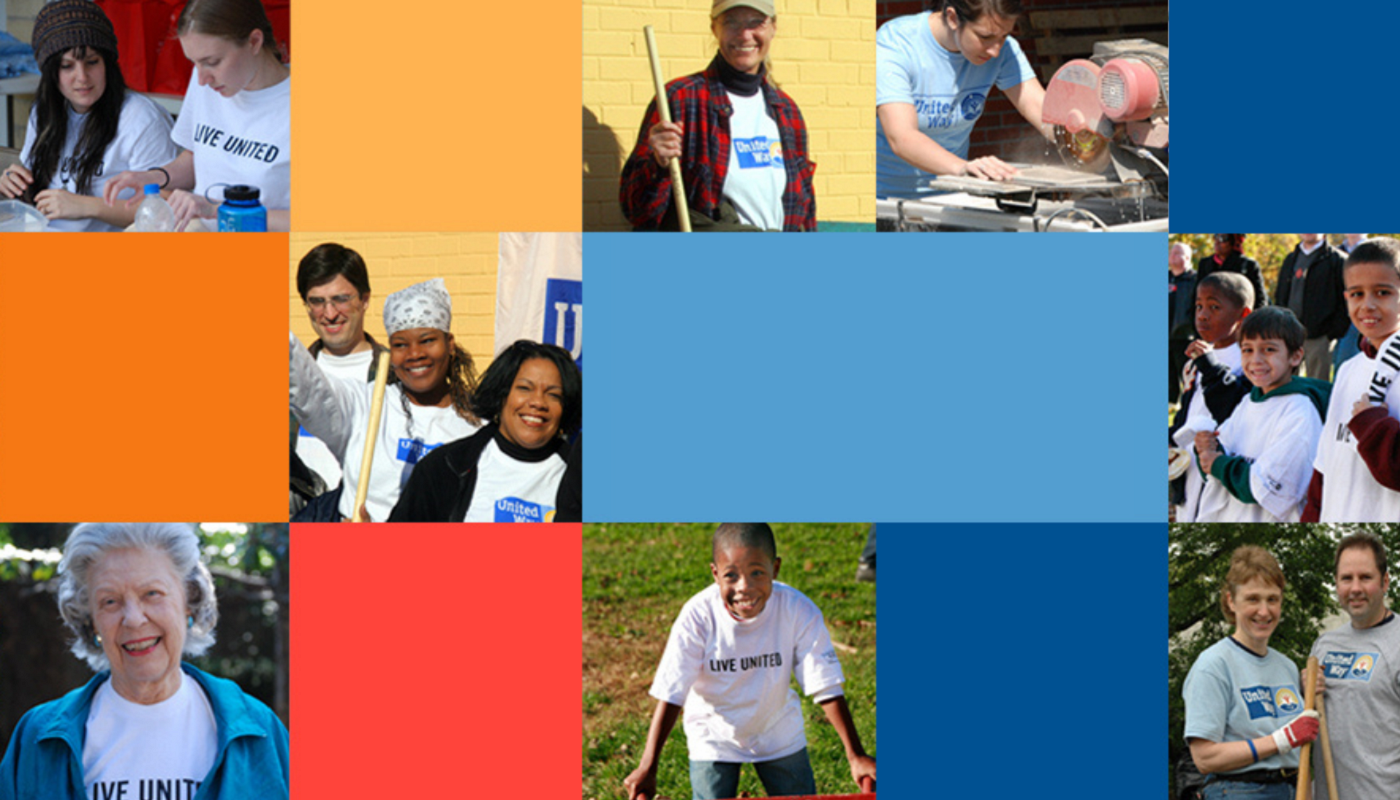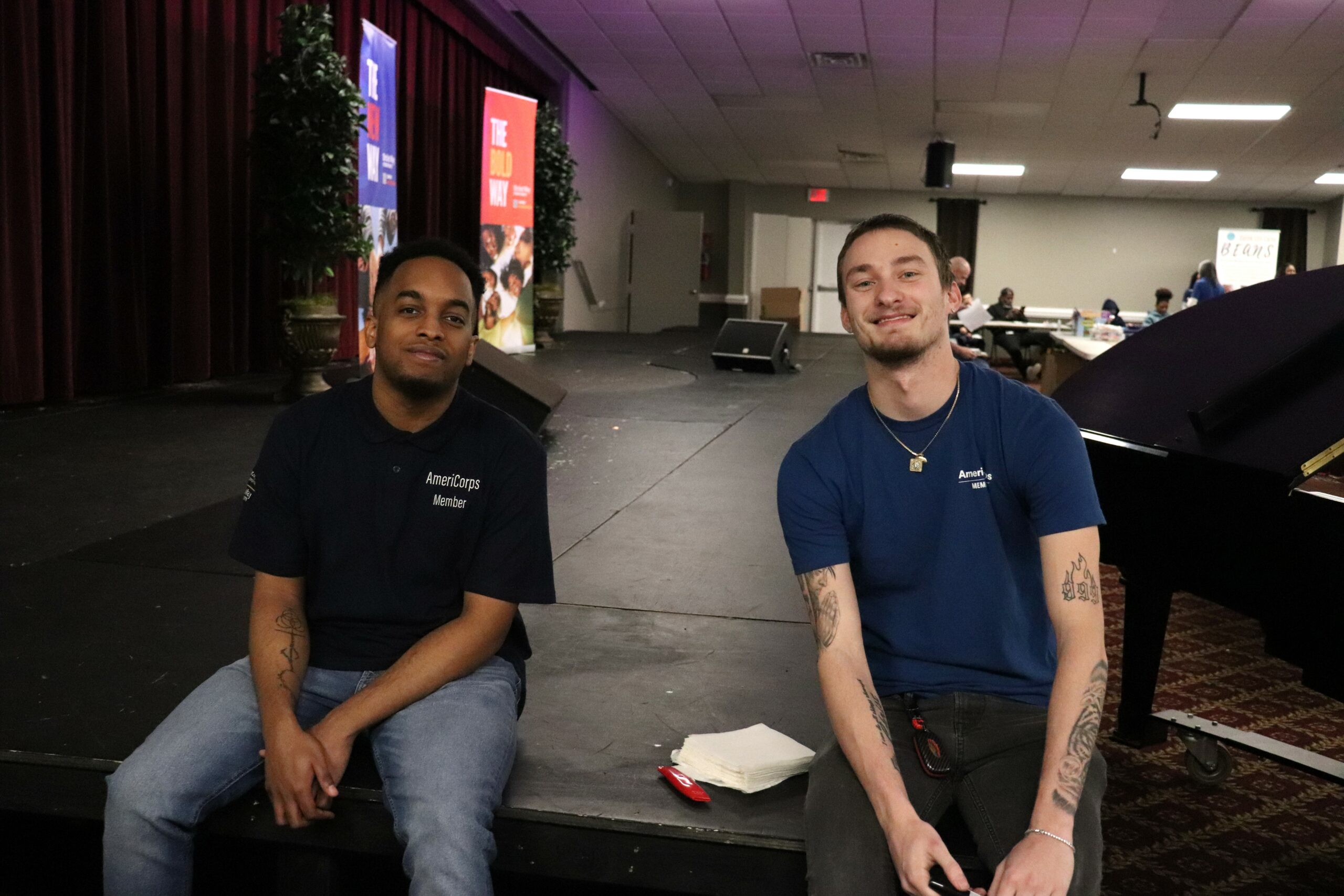
Q&A with Lakeview Neighborhood Alliance
Launched in 2017 in the Renaissance and Grier Heights communities, United Way’s United Neighborhoods welcomes the Lakeview community as its third focus neighborhood in 2022. United Neighborhoods is a place-based, holistic strategy that drives deep neighborhood transformation—from preparing children to enter school ready to learn to helping families become financially stable and find affordable housing.
United Way’s Director of Neighborhood Initiatives, Jamese Ivy, sat down with the team at the Lakeview Neighborhood Alliance to share how the resident-led organization has helped revitalize their neighborhood and bring much needed change to its residents.
How did Lakeview Neighborhood Alliance form?
The Lakeview Neighborhood Alliance (LNA) was formed after decades of forced displacement and mistrust, leading residents to work together and think critically about the changes they want to see happen in their community.
Lakeview Neighborhood Alliance is doing an excellent job with leading place-based work. What are the key drivers for you all as you do this work?
LNA is a community IMPACT organization, which standards for: Individuals Making Progress And Change Together. Those individuals who have come together to form LNA are all residents of the Lakeview Community. We have organized ourselves around a “3E” strategic plan: Engage, Educate, Empower.
What would you say to folks who do not understand place-based work? What would you tell them is the importance of place-based work?
Historically, institutions outside of the neighborhood had all the decision-making power. Meaning, those institutions chose to address specific challenges in those neighborhoods: They choose the programs that address those challenges, hire staff to run and evaluate the programs. Therefore, the people inside of the neighborhood are rendered vulnerable and powerless in this process. Placed-based work flips this model and leads from inside the neighborhood to empower those impacted to drive change.
What are the outcomes Lakeview Neighborhood Alliance, along with the residents of Lakeview, plan to achieve?
Our short-term goal is to get residents out of survival mode by connecting them to resources and opportunities by focusing on four main programming areas: Child & Family Stability, Prevention of Displacement due to Gentrification, Economic Mobility and Civic Awareness.
Our long-term vision is to build and sustain an ecosystem that meets the essential needs of residents while positioning them to thrive and achieve economic mobility. This ecosystem includes an economic mobility hub, affordable living/housing and a community resource/advocacy center.
What is the importance of centering racial equity as you do this work?
Racial equity is at the core of everything we do in Lakeview. We believe that racial equity is the condition that would be achieved if one’s racial identity no longer predicted, in a statistical and quality sense, how one fares. Therefore, racial equity has to be synonymous with racial truth and justice. Thus, the work must address the root cause analysis of inequities, not just their manifestations. This includes: policies, practices, systems, institutions, attitudes, prejudices and cultural messages that reinforce inequitable outcomes by race and zip code.
Why does Lakeview Neighborhood Alliance value the partnership with United Way of Central Carolinas?
LNA values the partnership with United Way of Central Carolinas, because United Way chose to do things differently. They chose to answer the call from the Chetty Report and the additional findings from the Leading on Opportunity Task Force. United Way chose to get proximate to the problem and engage in trust-building relationships with our neighborhood leaders. This has continued to create a trust-based philanthropic environment where truth and justice are celebrated, strong individuals and families are cultivated, and unjust systems are dismantled and reformed.
Learn more about the Lakeview community or contact Lakeview Neighborhood Alliance executive director Jamall Kinard at jkinard@lnacharlotte.org.




